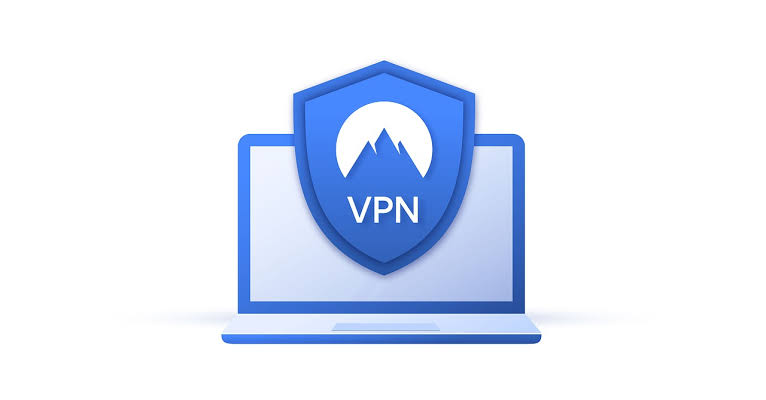A virtual private network (VPN) provides privacy, anonymity and security to users by creating a private network connection across a public network connection. But unfortunately, one has to pay for a good VPN service and not all VPN services are private, especially the free ones.
People often opt for free VPN services as one doesn’t have to pay for anything but let us tell you, you do that at the expense of your privacy and data. Let us tell you how.
Most of the Free VPNs manage their costs by tracking your online activity and selling your data. As maintaining a VPN service is costly and if a service isn’t charging you, then this is how it will procure the cost for keeping its services steady and functional. To check if the service does so, you will have to look for some for the points in its privacy policy.
If you spot anything stating regarding advertising partners or third-party users getting access to your online data usage by using cookies or other data-collection tools, then you are better off finding alternatives for the App as the app will be selling your data online to other third parties.
While some apps on the other hand opt for the other way to manage their costs, and those are ads. Some free VPNs are dependent on intrusive ads and to some extent that is fine because most of the big companies and online infrastructure are based on ads that help them gain revenues. What isn’t fine though, is the injection of malware into those ads. If one clicks on those ads, some part of malware is downloaded to your phone, thereby exposing your data and putting you at a higher risk of being a victim of a data leak.
The only ‘Free’ VPNs you can opt for are those which are a trial version of the paid ones that are being offered with data capping, limited speeds, and lesser features. But this doesn’t always mean that a paid VPN service is necessarily safe to use. The best option is to opt for a VPN that is known and is providing exactly what you are looking for.
Also, one should definitely go deep diving into the policies of the VPN service that often reveal everything. A fully safe VPN will have a no-logging policy that will explicitly state that the VPN service doesn’t log activity, browsing history, data content, IP address information, and any connection and session duration logs.
But some VPNs tend to log your connections as it is required to do so by law, but would state that it doesn’t do so. If you want to figure out if a VPN logs your connections, check if they enforce connection or download limits on subscriptions as only through that way, the service can keep your connection logs.
You should also read the service’s terms of payment regarding what it stores when you put in your card information for payment. Most VPNs should use a third-party payment portal, which means they won’t get your data, but another linked party will through which you are making the payment. Secondly, you can set up a temporary dummy account as making a secondary Gmail account will require phone number verification, therefore defeating the whole purpose of anonymity.
VPN services such as Nord VPN, ExpressVPN, BullGuard, StrongVPN provide a good number of security features and number of servers that you can trust upon for your VPN internet surfing needs.


